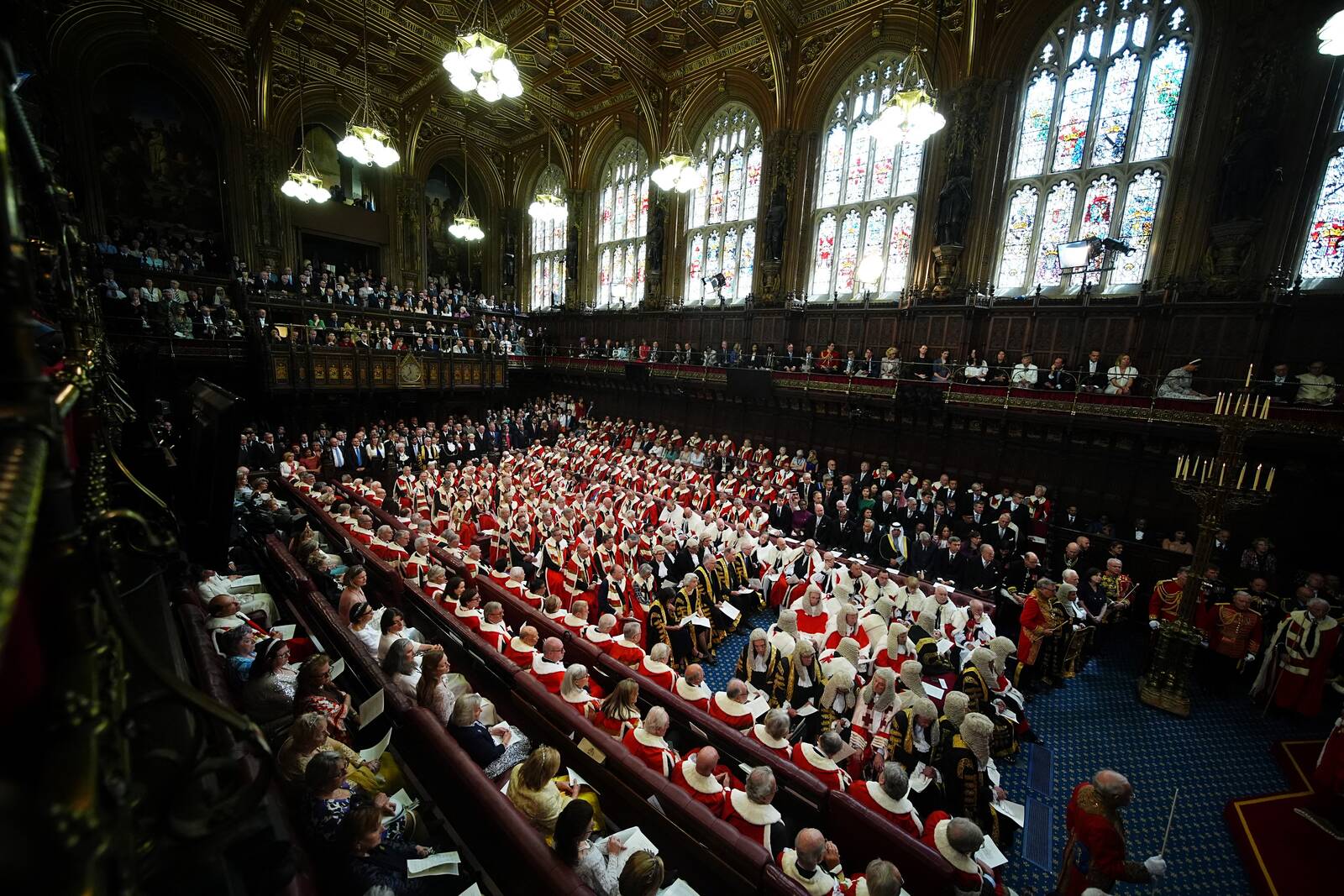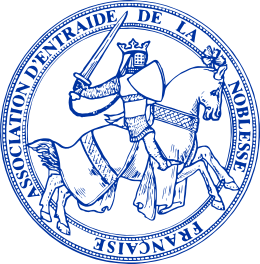News

Libération: "Petite révolution Au Royaume-Uni, la noblesse sur le point de perdre ses sièges héréditaires à la Chambre des Lords" (Small revolution in the United Kingdom, the nobility is about to lose its hereditary seats in the House of Lords)
Keir Starmer's government is seeking to reform the upper house of the British Parliament by abolishing the last 92 seats - out of a total of around 800 - which are passed down between nobles from father to son. A vote on the subject takes place this Wednesday, December 11.

The House of Lords, July 17, 2024. (Aaron Chown/AFP)
Towards the end of an old-fashioned system across the Channel. After an initial vote to this effect in the House of Commons, the House of Lords is due to vote this Wednesday, December 11, on a historic reform: the abolition of the last 92 seats (out of a total of around 800) received by inheritance. These "hereditary peers" owe their status solely to their title of nobility inherited from their father, and can pass laws for an entire country, solely by virtue of their ancestry.
The Lords, who make up the upper house - equivalent to the Senate in France - responsible for scrutinizing bills, are mostly appointed for life by outgoing prime ministers, as a reward for their loyalty. Archbishops and bishops of the Church of England are also members of this assembly.
The Labour Party has made no secret of its intention to reform it. As long ago as 1999, under Tony Blair's government, a bill was proposed to abolish all of the 600-plus seats reserved for these hereditary caciques. But following a compromise, 92 of them were spared. In July 2024, following his return to office after fourteen years of Conservative rule, Prime Minister Keir Starmer returned to the fray with the intention of abolishing the system altogether. On November 13, a bill was overwhelmingly passed in the House of Commons, the lower house, with a majority of 435 votes to 73.
Vehement opposition is likely to be heard. According to the BBC, many Conservatives in particular are opposed to the reform, with Alex Burghart MP claiming, for example, that the government was "seeking to remove existing members and replace them with Labour appointees".
Other MPs, however, have called on the government to go even further, such as Sir Gavin Williamson MP, who supported the idea of abolishing the seats reserved for Church of England bishops, deeming it "fundamentally unfair" that a group of clerics "should have a right and a say in our legislation", the BBC further explains. In addition, many peers are criticized for their lack of attendance. Those who do attend may receive a daily allowance of 361 pounds (435 euros), as well as travel allowances.
" Out of step with modern Great Britain "
n terms of membership, the House of Lords is "the second largest legislative assembly in the world after China's National People's Congress", points out the Electoral Reform Society, calling for wider reform to replace it with "a smaller, elected chamber".
After the vote in the House of Commons, the bill will return to the House of Commons, with possible amendments, for a second reading and further debate.
The United Kingdom is an anomaly with its parliamentarians holding the titles of duke, count, viscount and baron: Lesotho is, according to the British government, the only other country in the world with a comparable system. It's "out of step with modern Britain", commented Minister Nick Thomas-Symonds in September when introducing legislation to put an end to this tradition.
Read the article on www.liberation.fr
By Coppélia Piccolo and AFP
Published December 11, 2024









